Diesel engines have long been a staple for those seeking power, efficiency, and durability in their vehicles. As environmental concerns and technological advancements converge, several brands have emerged as leaders in producing top-quality diesel engines. From luxury performance to rugged reliability, each brand offers unique benefits to cater to various consumer needs and preferences. To explore the standout diesel brands that blend innovation with performance, read on below.

Illustration of diesel
Best brands of diesel in 2025
Mercedes-Benz
Mercedes-Benz is renowned as one of the leading producers of diesel engines, offering a range of efficient and powerful options. Their OM642 3.0 L V6 diesel engine, introduced in 2005, has been a staple in many of their vehicles, known for its low emissions and excellent fuel economy. The company has also set benchmarks with its BlueTec technology, which has enabled trucks like the Mercedes-Benz Actros to achieve a world record of 19.44 liters of diesel per 100 km, equivalent to 0.8 liters per 100 ton-kilometers. Additionally, Mercedes-Benz has been at the forefront of hybrid technology, with over 4,000 hybrid trucks and buses in operation, offering diesel savings of up to 30% depending on the application. Their commitment to innovation and efficiency has made them a leader in the diesel engine market. For more information about their engine range, visit their engine wiki page.
BMW
BMW, although facing a decline in diesel engine popularity, has historically been a significant producer of diesel vehicles, particularly in European markets. In 2023, diesel engines held a market share of 13.6% in Europe, but this has dropped to 12.8% through March 2024. Despite this, BMW continues to invest in diesel technology, with plans to simplify their diesel lineup rather than abandon it entirely. For example, the new 1 Series and 2 Series Gran Coupe will still include diesel variants like the 120d and 220d. BMW's commitment to sustainability and efficiency is evident in their dual approach to developing both highly efficient combustion engines and electrified drivetrains. For more details on BMW's diesel strategy, visit their official blog post.
Volkswagen
Volkswagen, although once a significant producer of diesel vehicles, faced severe criticism and legal consequences due to the diesel emissions scandal. The company equipped at least 10.8 million diesel vehicles worldwide with defeat devices that cheated on emission tests, with approximately 600,000 of these vehicles sold in the United States and 85,000 in California. These vehicles produced NOx emissions up to 40 times higher than allowed, violating the Clean Air Act and other environmental regulations. Despite this, diesel vehicles still account for a small percentage of car sales, particularly in the U.S. where they make up only about 1% of sales. However, Volkswagen has since shifted its focus towards electric vehicles, investing heavily in new drivetrain technologies and increasing its global battery-electric vehicle sales. For more detailed insights on the Volkswagen diesel scandal, visit Volkswagen Diesel Scandal: U.S. Focus.
Ford
Ford, as a prominent player in the automotive industry, has a significant presence in the diesel engine market, particularly through its contributions to industrial and commercial sectors. The company's diesel engines are integral in powering various equipment, including generators, construction machinery, and vehicles, with the diesel segment expected to grow at a CAGR of 7% from 2024 to 2034. In the global diesel engine market, Ford is among the key players, alongside other major manufacturers like Cummins and Caterpillar. The Asia Pacific region, where Ford operates, holds a substantial market share, driven by growing infrastructural expansions and energy demand. Ford's commitment to improving fuel efficiency and leveraging new technologies also supports the demand for their diesel engines. For more detailed insights, visit the diesel engine market analysis.
Ram
Ram, a prominent brand in the automotive industry, is known for its robust diesel engines, particularly in its pickup truck models. In 2024, despite a decline in overall Ram sales by 19.5%, the brand still maintained a significant presence in the diesel market, with models like the Ram 2500/3500 Diesel and Ram 1500 Pickup Diesel contributing to the segment. For instance, in Q3 2024, Ram sold 17,827 units of its Ram Pickup 2500/3500 Diesel, and 4,254 units of the Ram 1500 Pickup Diesel. These figures highlight Ram's continued relevance in the diesel engine market, especially in the heavy-duty pickup segment. However, the brand faces challenges such as increased prices and high interest rates affecting consumer affordability. For more detailed insights on sales trends, visit the Mopar Insiders article.
Chevrolet
Chevrolet is a notable producer of diesel vehicles, with its diesel engines, such as the Duramax V8, offering robust performance and efficiency. In 2024, diesel vehicles accounted for 2.74% of Chevrolet's total sales, a slight increase from 2.60% in 2023. The Duramax V8 engine, produced by DMAX, a subsidiary of General Motors, has been a staple in Chevrolet and GMC trucks since 2001, with notable milestones like the production of the 1,000,000th and 2,000,000th engines in 2007 and 2017, respectively. Chevrolet's diesel models, including the Tahoe and Suburban, have seen steady sales, contributing to the brand's market presence. Chevrolet's commitment to diesel technology aligns with the growing acceptance of diesel options in pickup trucks and SUVs. For more detailed Chevrolet statistics, visit their page.
Audi
Audi stands as a prominent producer of diesel vehicles, with diesel cars accounting for the highest share of 76.91% of their sales in 2024, followed by a gradual decline to 65.71% by 2028. In the first half of 2024, Audi delivered 1.8 million vehicles worldwide, notably powered by diesel. The company's steadfast commitment to diesel technology underscores its strong market presence, especially in Europe where Audi secures approximately 10% of the passenger car market. Renowned for their efficiency and performance, Audi's diesel engines significantly contribute to the company's stable operating margin of 8% in 2024. The brand continues to channel substantial resources into research and development, with 7.8% of revenue allocated towards R&D initiatives. For more detailed insights, you can explore Audi's statistics.
Land Rover
Land Rover is renowned for its robust and efficient diesel engines, making it one of the best producers in the market. The brand has a long history of innovation, introducing its first small high-speed diesel engine in 1957, which produced 51 bhp (38 kW). In the 1980s, Land Rover improved its diesel offerings with the introduction of the 2.5-litre turbo diesel engine, which enhanced power output and suitability for global markets. Modern models like the Discovery Sport and Range Rover Velar offer diesel options with impressive fuel economy, such as the 2.0-liter diesel engine in the Velar, which achieves 26 mpg city and 30 mpg highway. Land Rover's commitment to diesel technology has made its vehicles popular for both off-road capability and fuel efficiency. For more information on Land Rover's diesel advancements, visit their dedicated blog.
Jaguar
Jaguar, although transitioning towards electric vehicles, has historically been a significant producer of diesel cars, with diesel models accounting for 18.05% of Jaguar's sales in 2024. In the past, diesel engines, such as the Ingenium diesel engines, have been a part of Jaguar's lineup, particularly in models like the XF and F-PACE. However, Jaguar is set to cease production of non-electric models by 2025, as announced in 2021. Despite this shift, diesel cars remain a notable segment in Jaguar's current sales, with 18.68% of sales in 2023 attributed to diesel vehicles. For more detailed insights, visit Jaguar statistics.
Kia
Kia, although not the dominant player, contributes significantly to the diesel vehicle market, particularly in India where diesel engines remain popular. In India, Kia and Hyundai combined hold a 28% market share of diesel vehicle sales, with models like the Kia Creta and Hyundai Alcazar seeing a significant proportion of their sales coming from diesel variants. Despite the global trend towards petrol and electric vehicles, Kia's diesel models continue to perform well, especially in regions where diesel is preferred. For instance, in the Indian market, diesel vehicles account for 17.4% of total passenger vehicle sales, with Kia being a key player in this segment. Kia's strategic partnership with Hyundai has also enhanced its product quality and design, making its diesel models more competitive. Car sales analysis for 2023 provides further insights into Kia's performance in the diesel segment.










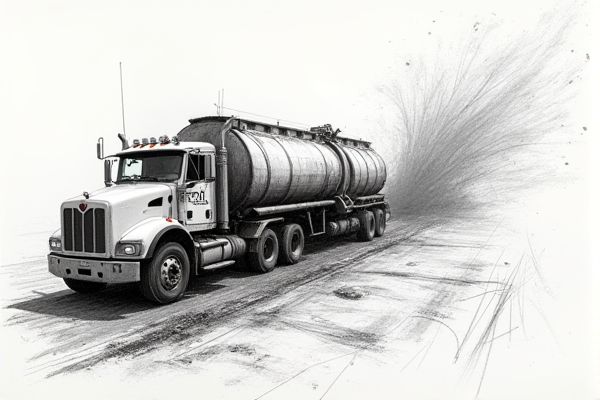
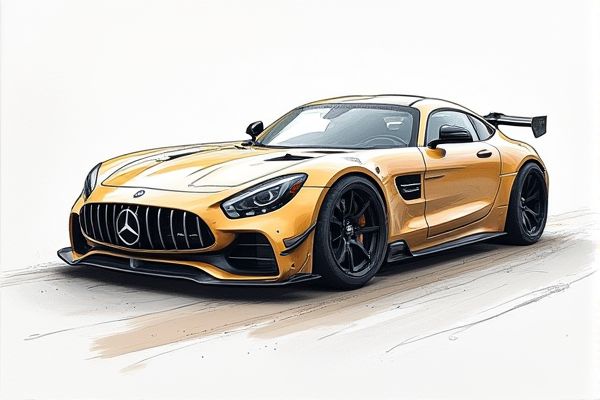
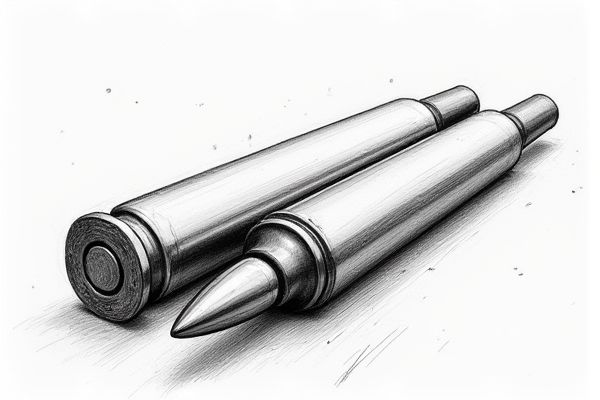
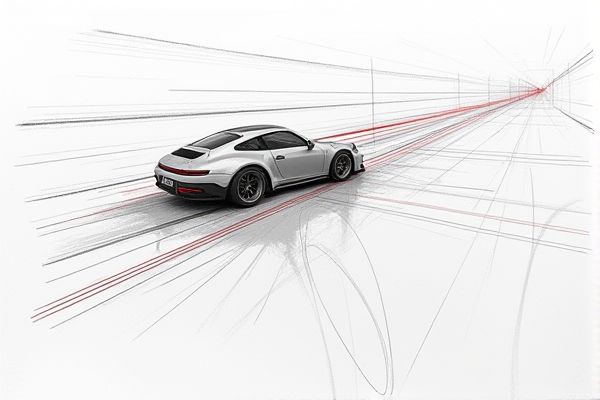

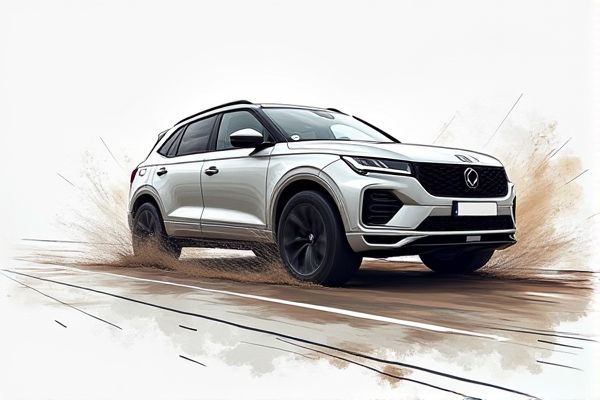
Leave a Reply
Your email address will not be published.